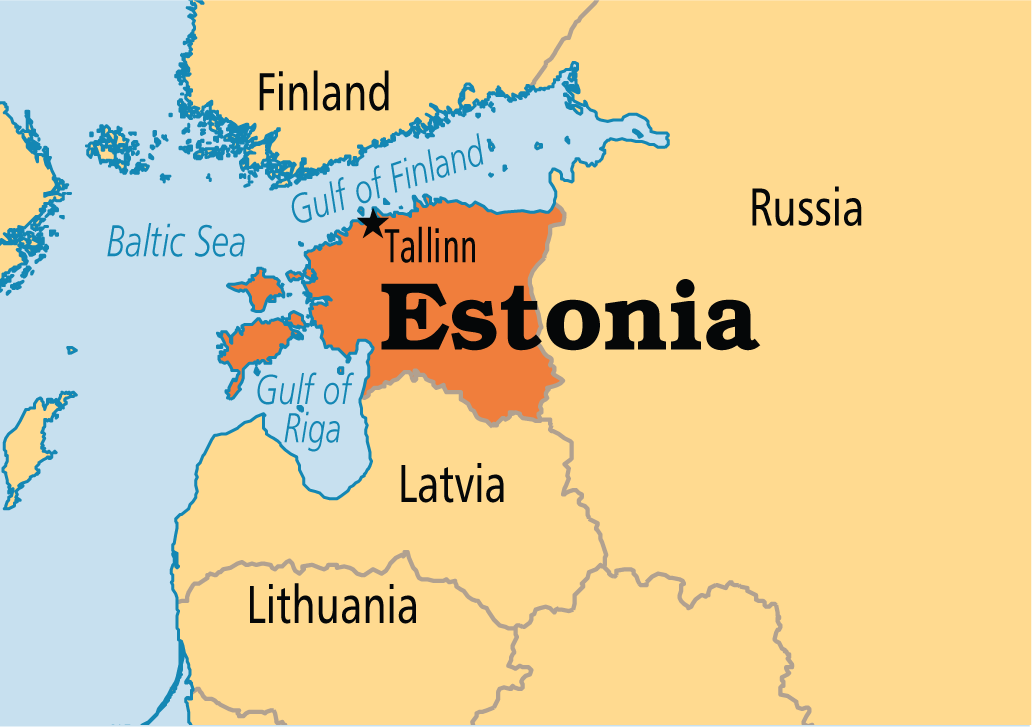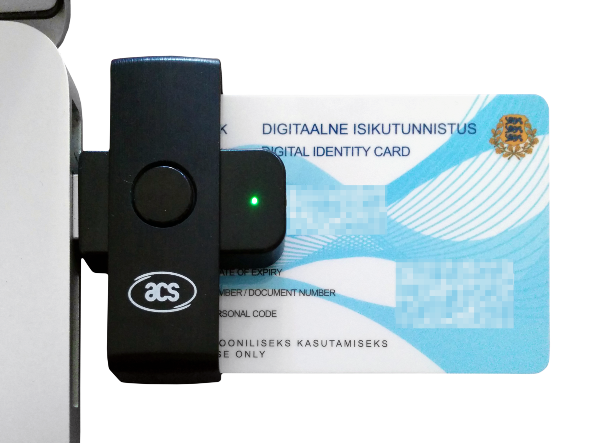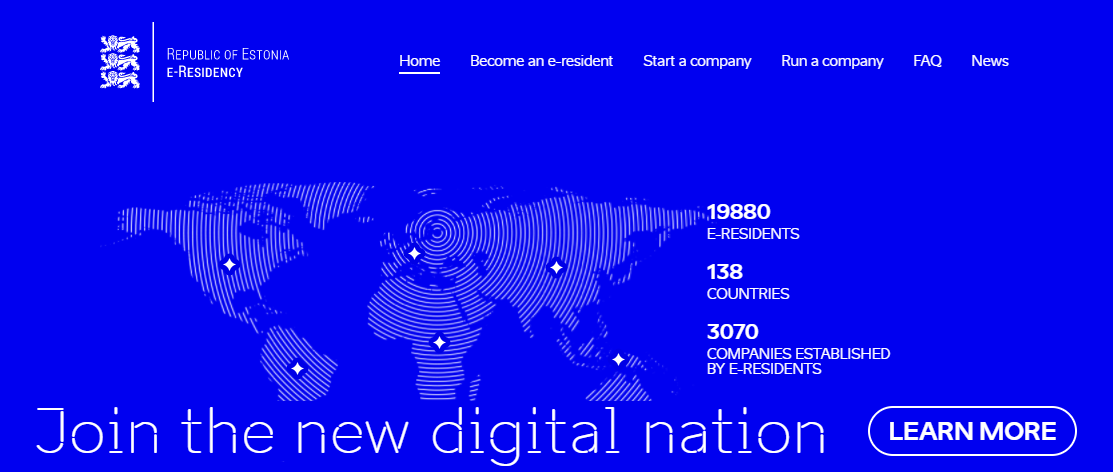Let’s go back some years in the past, the year is 1991, Estonia gained independence from Russia after the ex-USSR imploded, and as Taavi Kotka, the Estonian government's chief information officer, asks, what do you think of when you think of places like Lithuania or Slovenia? Nothing, he says, and so to become distinct, Estonia has embarked on massive technological innovation.
 )
)Over the years, the country, which is the least populated Member States of Europe, became the most advanced technological country in the world and most specifically in digital governance and a founding member of Digital 5 (D5), a global network of digital governments. Here are some big milestones for you to understand the advance of the country:
- 1991: half the population has a phone line;
- 1997: 97% of Estonian schools are online;
- 2000: cabinat meetings are paperless;
- 2002: free Wi-Fi in almost all populated areas;
- 2007: e-voting
- 2012: fiber is the most common way to have internet access and 94% of taxes are paid online.
In that country, your e-ID is the way to pay your bills, to identify yourself online, to register for events, it’s the key to your online and offline life. In 2014, Estonia launched their e-resident program, available worldwide. This allows you to become a virtual resident of the country and therefore to launch your Estonian company and access the European Single Market.
There is some confusion about what this e-residency allows, it is not an actual residency, you cannot stay in Estonia, the EU or Shengen zone with it, you won’t avoid paying your national taxes, it is not a citizenship of Estonia and it is not a travel document.
It is however a way to electronically identify you and log into online services in Estonia (governmental and banking portals mainly) and it allows you to sign documents electronically in a legal way (by 2018, it will be accepted as online identification in all EU countries).

So you might think, why would I need this? Well, as a non-EU citizen, the advantages are quite obvious if you want to access the European market and, now, you can add UK citizens or businesses that want to keep a foot in the EU (there is a dedicated website just for the UK: How to stay in). The country is actively targeting companies, and they have good arguments for it: “0% tax on undistributed profits”, so if you plan to open a company there and grow it by reinvesting your benefits in it, it’s perfect, if you distribute benefits, you’ll pay the 20% tax.

"The motivation of Estonia is to create a country without border, a worldwide virtual business environment, where people from both the developed and developing countries can easily become entrepreneurs and start doing business anywhere in the world. Physical national borders and restrictions will no longer present an obstacle. You can start a business, open bank accounts, make transactions, sign contracts and even declare taxes, all on your computer," said Kaspar Korjus, Estonian e-Residency Program Director.
If you’re interested in this program, have a look at the official website or at a company like LeapIN which helps entrepreneurs launch their business and provide some consultancy.
Please note that I have no link to any company and to Estonia, I am simply sharing what I think is a great idea.
Sources:
- https://e-resident.gov.ee/become-an-e-resident/
- https://e-resident.gov.ee/
- http://www.howtostayin.eu/
- https://en.wikipedia.org/wiki/E-residency_of_Estonia
- https://thenextweb.com/eu/2017/07/25/estonias-new-e-residents-surpassing-countrys-birth-rate
- http://www.20minutes.fr/insolite/1855859-20160531-si-aujourdhui-deveniez-e-resident-estonien
- https://www.theguardian.com/world/2016/sep/15/estonia-e-residency-european-union-brexit-eu-referendum
- http://www.wired.co.uk/article/estonia-e-resident
- https://medium.com/nomad-gate/estonian-e-residency-ultimate-guide-banking-taxes-cc27fe39c368
- http://www.courrierinternational.com/article/2014/12/02/devenez-e-resident-de-la-republique
- https://arstechnica.com/information-technology/2015/08/im-now-an-estonian-e-resident-but-i-still-dont-know-what-to-do-with-it/
What a good news. what is the secret behind this success as a country? Most probably there is o political pollution.
Downvoting a post can decrease pending rewards and make it less visible. Common reasons:
Submit
With 1.2 million inhabitants, it makes it a bit easier to move in a certain direction and I think this digitalization of the country was the right way to go.
Downvoting a post can decrease pending rewards and make it less visible. Common reasons:
Submit
Yes. Thanks sadhiq
Downvoting a post can decrease pending rewards and make it less visible. Common reasons:
Submit
Awesome. Thank you for sharing.
I didn't know about these milestones. About 20 years ahead from France, arghh.
Now I know my next country to live in. :-)
Downvoting a post can decrease pending rewards and make it less visible. Common reasons:
Submit
Et c'est toujours l'Europe :)
Downvoting a post can decrease pending rewards and make it less visible. Common reasons:
Submit